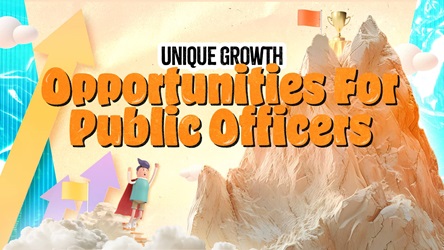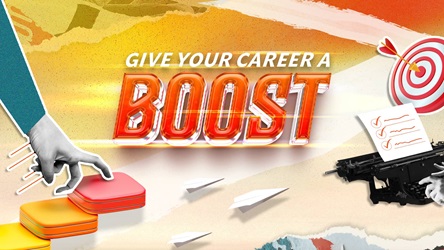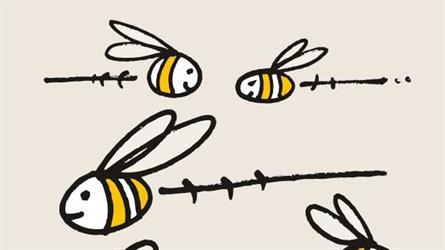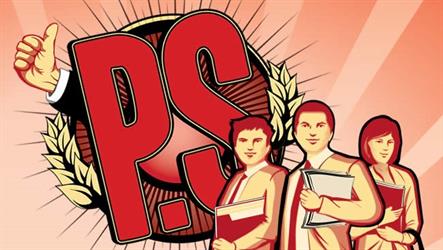Why It’s Normal To Jump To Conclusions – And How To Beat That
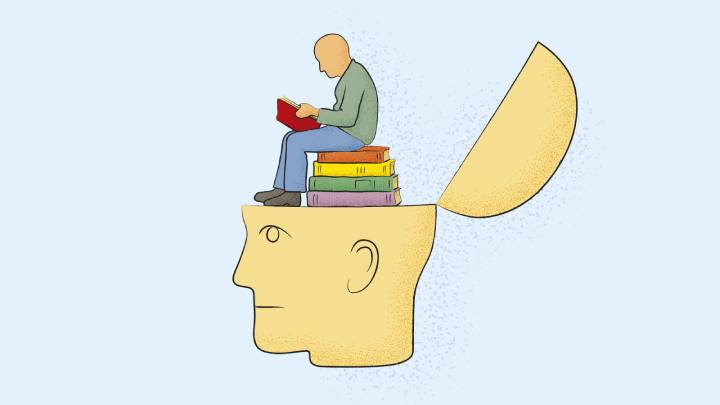
Common wisdom says to never judge a book by its cover. Yet, studies have shown that people can’t help it: When we meet someone new, consciously or not, we tend to slot others into social categories based on what we can immediately observe about them.
The reflex comes from our innate desire to reduce ambiguity, wrote social psychology researchers Arne Roets and Alain Van Hiel in a journal for the Association for Psychological Science. By grouping people according to observable traits, such as age, gender or race, we can process new information with minimal effort.
But taking such mental shortcuts can be damaging if left unchecked. Used to judge people, it may lead to an “us” versus “them” mentality, scientist David Amodio points out in a 2014 paper in Nature. Those who see themselves as part of the same group tend to be more generous and forgiving towards each other.
As for those deemed to be in the out-group, relying on mental shortcuts can lead to hatred, aggression and distrust by the in-group, wrote psychotherapist Wendy Jones in Psychology Today. Already, our minds set the stage for stereotypes and prejudice to develop.
Stereotypes and prejudices can also be by-products of thinking too quickly. In his book Thinking Fast and Slow, author Daniel Kahneman coined the abbreviation WYSIATI, or “what you see is all there is”. With incomplete information, people tend to fill in the gaps and create their own conclusions. This is why we often assume the worst and succumb to biases.
How can we learn to discern better without becoming overly critical? Before passing judgment on a person, first look within. Being aware of your own biases helps to keep them at bay.
For instance, if you have colleagues that you perceive as different from you, find out why you feel this way. Could it be clashing working styles or a mismatch in values? Emotional intelligence coach Karlyn Percil, in a report by Buzzfeed, says “open awareness” of your emotional habits is important in creating new mental pathways.
Part of this involves knowing your judgment triggers. Perhaps you might be more judgmental when you are busy or stressed. Being aware of when you are most judgmental can help you moderate yourself.
Seeing how your actions affect others is also important. You can become conscious of whom you invite to meetings and how your actions impact their careers, suggests Dr Dionne Poulton, who studies unconcious bias, in a Forbes article.
In reading this, do you feel a tinge of guilt for judging someone? Well there is no reason to judge yourself too harshly. We all have our blindspots. Just be sure to recognise how, where and when you can step up to be more inclusive and accepting.
- POSTED ON
Aug 20, 2019
- TEXT BY
Wong Wing Lum
-
Big Idea
Why Busy Bees Get Things Done




